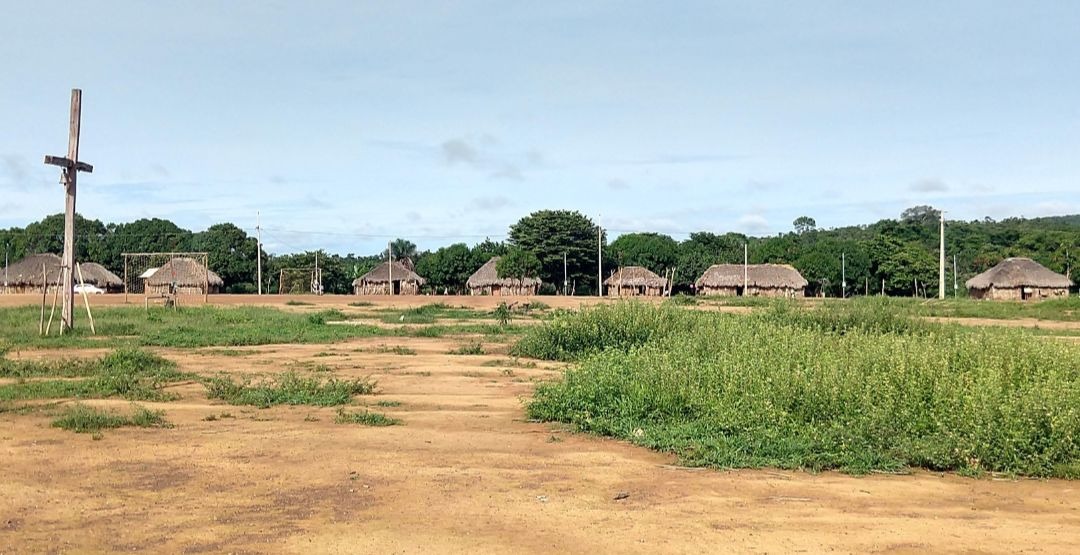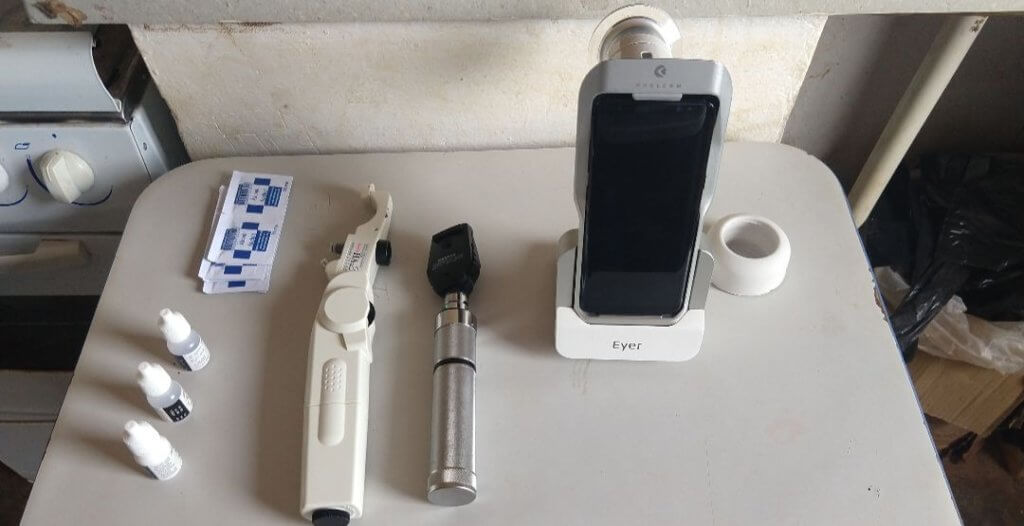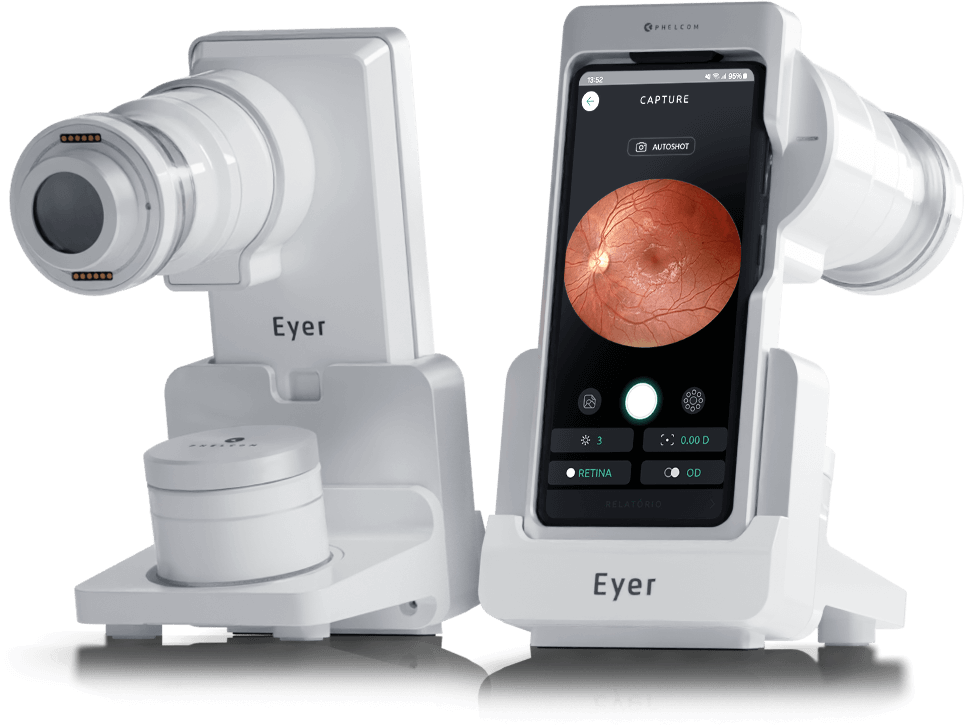In January this year, ophthalmologist Korn Malerbi boarded an expedition towards a special destination: taking free medical care to three indigenous reserves in the State of Mato Grosso. “I was invited to join a team of doctors who already takes periodical actions in these locations”, tells Malerbi.
The group consists of physicians of the Department of Social Medicine, from the USP Medical School (Ribeirão Preto), and the Department of Endocrinology, from Paulista School of Medicine, Unifesp.
The expedition counted on four specialists in the following areas: ophthalmology, endocrinology and preventive and social medicine.
Malerbi explains that the reserves Sangradouro, Meruri and São Marcos present high rates of diabetes mellitus. “This disease may trigger various other health conditions, such as diabetic retinopathy. In case it is not detected and adequately treated in time, this ophthalmological alteration may lead to blindness”, he clarifies.
In order to identify the disease and other possible disorders, the doctor carried out retinography and applanation tonometry. 193 indigenous people altogether were evaluated, from Xavante and Bororo communities, during eight days of work.
More than diabetic retinopathy, exams found cases of cataract.
Eyer
The ophthalmologist utilized Phelcom Eyer handheld fundus camera to perform the exams.
The equipment is state-of-the-art in portable retinography for prevention and diagnose of eye-related diseases.
It works attached to a smartphone and performs high-quality retina exams in few minutes, without need of pupil dilation. Synchronized to cloud, it automatically provides data to the online platform EyerCloud, so that they can be analyzed by a specialist anywhere over the world. That is, it enables remote diagnostic.
“It was a great experience with the equipment, mainly because of its portability and ease of access”, evaluates Malerbi.
He reminds of his involvement in other projects with the fundus camera, also for diagnosing diabetic retinopathy. “I believe Eyer to be very relevant for this kind of action, representing an important alternative for mapping and tracking diseases in populations from remote areas”, he finishes.





